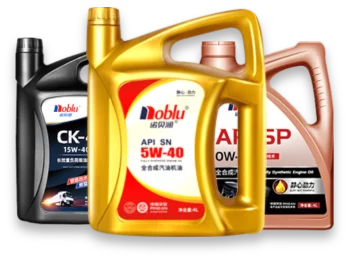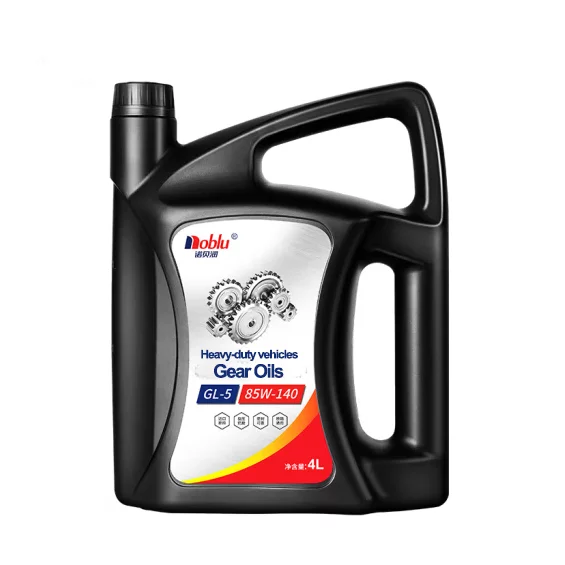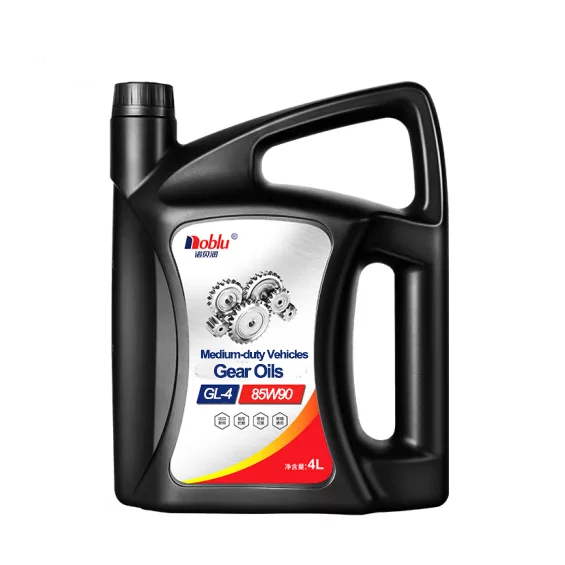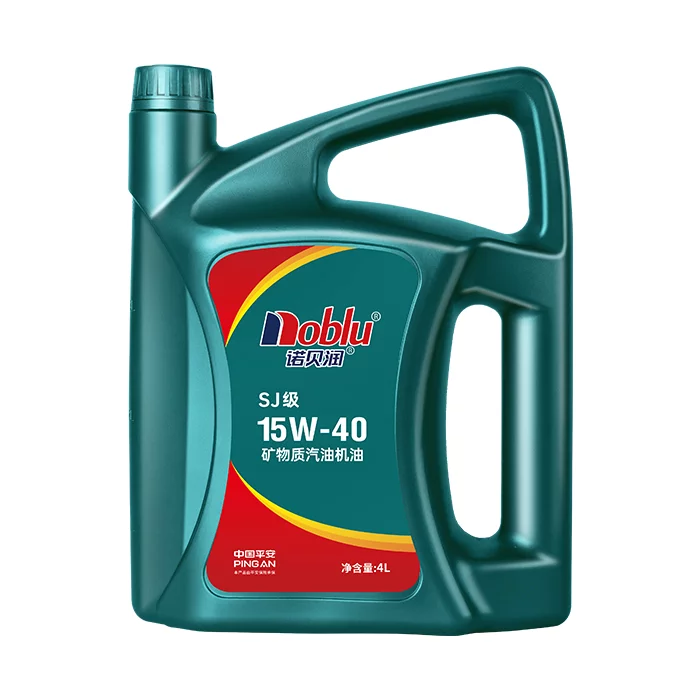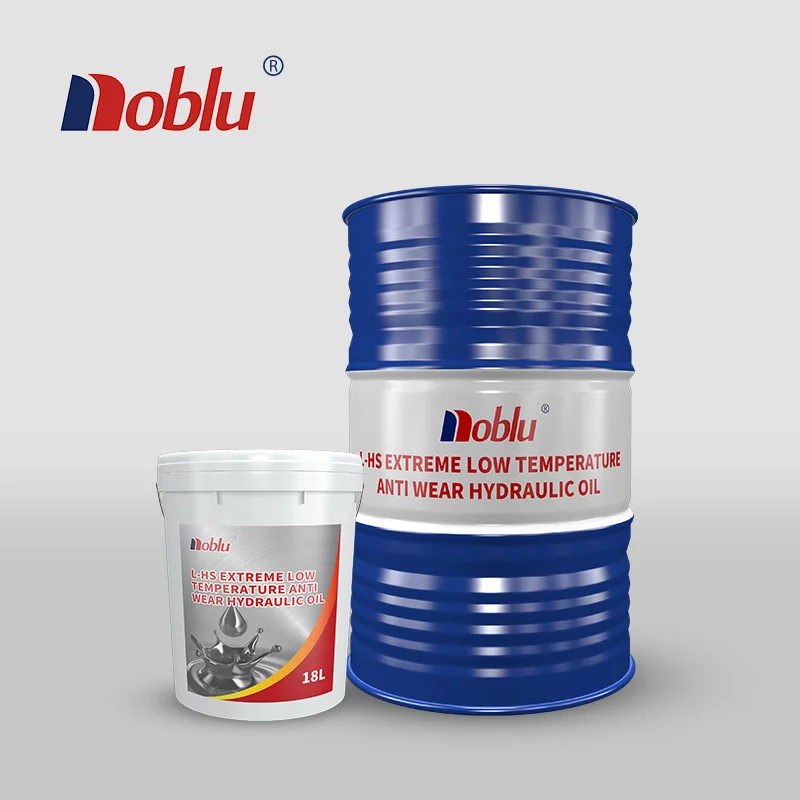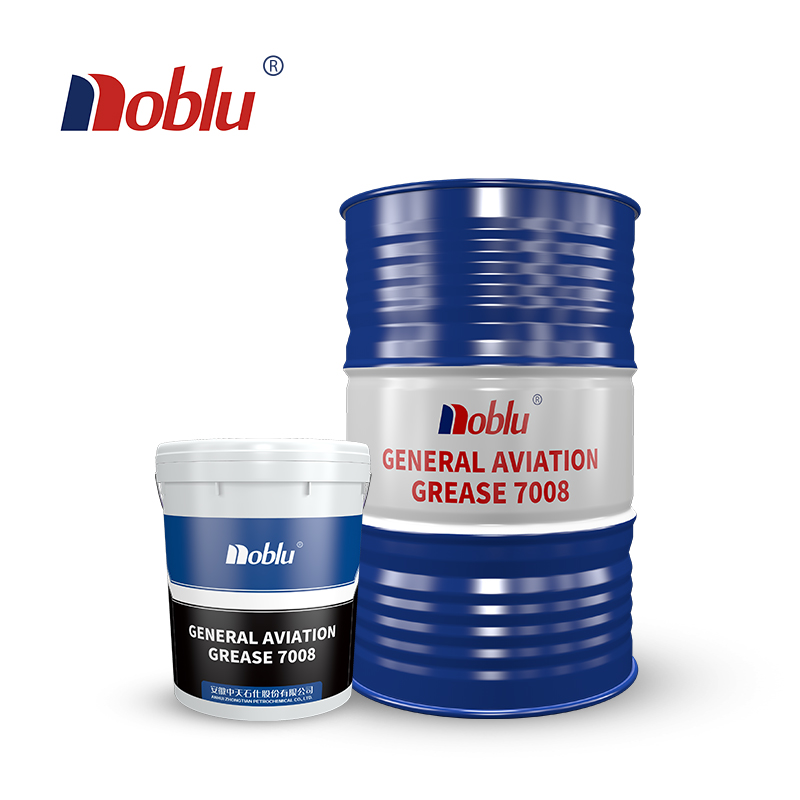Introduction:
Lubrication plays a crucial role in the smooth operation and longevity of machinery and equipment in manufacturing industries. Proper lubrication reduces friction, minimizes wear and tear, dissipates heat, and prevents corrosion. However, lubrication errors can have significant consequences for manufacturers. In this article, we will explore the various troubles that lubrication errors can cause and the importance of implementing proper lubrication practices.
- Increased Equipment Downtime:
Lubrication errors can lead to increased equipment downtime, resulting in costly production delays. Inadequate lubrication or using the wrong lubricant can cause excessive friction, overheating, and premature wear of critical machine components. This can lead to unexpected breakdowns, unplanned maintenance, and extended periods of equipment unavailability. - Reduced Equipment Lifespan:
Insufficient lubrication or using low-quality lubricants can significantly reduce the lifespan of machinery and equipment. Without proper lubrication, moving parts experience increased friction and wear, leading to accelerated component failure. This not only increases maintenance and replacement costs but also affects overall productivity and profitability. - Safety Risks:
Lubrication errors can pose serious safety risks in manufacturing environments. Over-lubrication or using incompatible lubricants can result in leaks, spills, or the accumulation of excess lubricant on surfaces. These slippery conditions can cause accidents, such as slips, trips, and falls, endangering the well-being of workers and potentially leading to costly legal consequences for manufacturers. - Energy Inefficiency:
Improper lubrication can result in energy inefficiency in manufacturing processes. Friction caused by inadequate lubrication increases energy consumption and reduces overall operational efficiency. By using the correct lubricants and applying them in the right quantities, manufacturers can minimize energy waste, lower operating costs, and improve their environmental footprint. - Quality Control Issues:
Lubrication errors can also impact product quality in manufacturing. Insufficient lubrication can lead to increased friction, heat generation, and metal-to-metal contact, resulting in product defects or deviations from desired specifications. This can lead to product recalls, customer dissatisfaction, and damage to a manufacturer’s reputation.
Conclusion:
Lubrication errors can have significant consequences for manufacturers, impacting equipment downtime, lifespan, safety, energy efficiency, and product quality. Implementing proper lubrication practices, including using the right lubricants, following manufacturer guidelines, and conducting regular maintenance, is crucial to avoid these troubles. Manufacturers should prioritize lubrication as an integral part of their maintenance and operational strategies to ensure smooth and efficient production processes, reduce costs, and maintain a competitive edge in the market.
Researching lubricating oil and grease for 25 years, to provide you with the best service!http://www.ztshoil.com/

